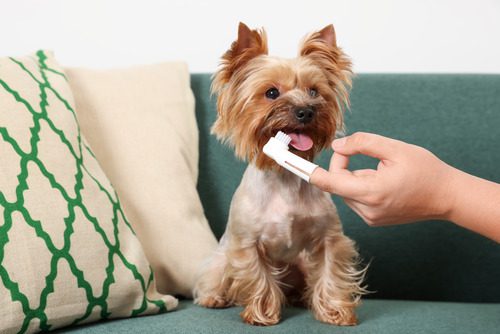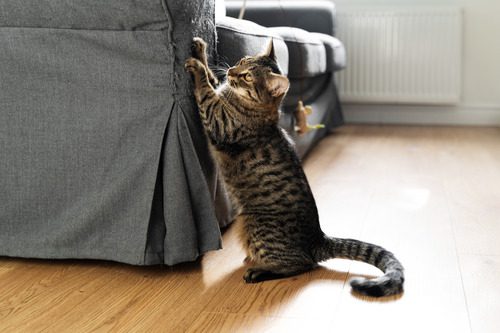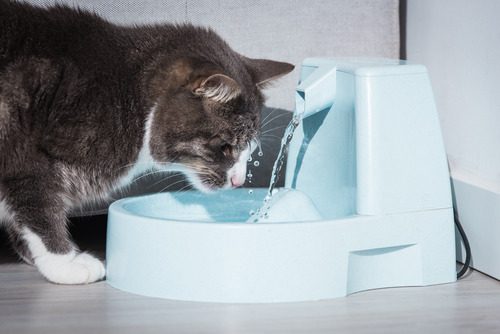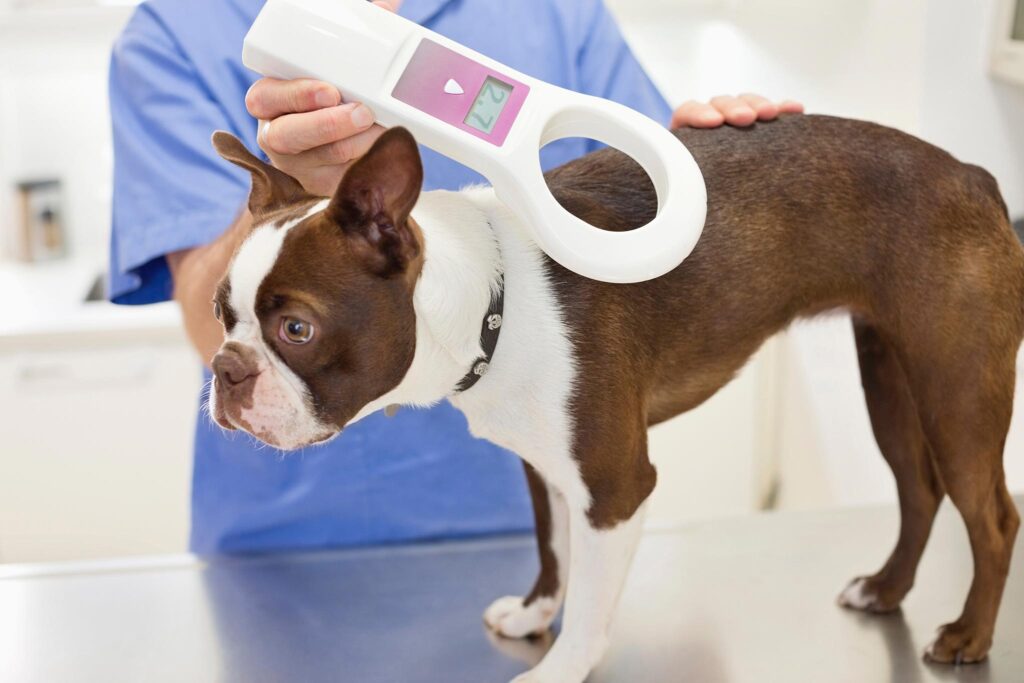Cat Hair Loss: What to Do if Your Cat is Losing Hair?
Cats are recognized for having gorgeous, shiny coats, which makes them soft to the touch. However, it can be concerning if a cat starts losing hair. Cat hair loss can be caused by a variety of factors, extending from mild to serious. It’s important to identify the underlying reason and take the necessary steps to remedy it. In this article, we’ll discuss the common causes of cat hair loss and what you can do if your cat is experiencing this issue.
Causes of Cat Hair Loss
Below are a few of the main culprits for hair loss in cats.
Allergies
Cats can be allergic to a variety of substances, including food, pollen, dust, and flea bites. Itching and irritation brought on by allergies might eventually cause hair loss. If your cat has allergies, your veterinarian may advise allergy testing or an elimination diet in order to find and get rid of the offending allergen.
Parasites
Fleas, ticks, and other parasites can severely itch and irritate a person, which can result in hair loss. Regular flea and tick prevention is important to stop these pests from ravaging your cat’s fur. If your cat has fleas, your veterinarian can suggest a topical or oral flea medication to eliminate them. These parasites can irritate the skin and cause your cat to scratch or bite at the affected area, leading to hair loss.
Infections
Bacterial or fungal infections of the skin can cause hair loss in cats. These infections can be painful and scratchy which may result in over-scratching and hair loss.
Hormonal Imbalances
Cats who suffer from hormonal imbalances such as hyperthyroidism or Cushing’s disease, might cause hair loss in cats. These conditions affect the body’s hormone levels and can lead to thinning hair or bald patches.
Stress
Cats can suffer stress for several reasons, such as regular changes, the addition of new pets or family members, as well as loud noises. Stress can result in over-grooming, leading to hair loss in specific areas of the body.
Underlying Health Conditions
Hair loss can be a symptom of underlying health conditions, such as skin infections, autoimmune diseases, or cancer. If your cat is experiencing hair loss along with other symptoms, such as lethargy or loss of appetite, it’s important to bring them to your veterinarian for an evaluation.
Genetics
Certain cat breeds have different propensities for hair loss. For example, the Sphynx breed is hairless, while the Devon Rex and Cornish Rex breeds have short, curly hair that may be prone to shedding. Sex hormones can also affect hair growth. Changes in estrogen or testosterone levels, such as those that occur after spaying or neutering a cat, can rarely affect hair growth and lead to hair loss.

Treatment Prescribed by Veterinarians
If your cat is experiencing hair loss, your vet may have a number of treatments available.
Topical Treatments
Topical therapies such as medicated shampoos and ointments can assist in treating hair loss brought on by skin infections, parasites, and allergies.
Medications
Depending on the underlying cause of the hair loss, the vet may prescribe medications such as antibiotics, antifungals, or steroids to treat the condition.
Allergy Management
If the hair loss is caused by allergies, the vet may recommend allergy testing to determine the allergen and prescribe antihistamines or immunotherapy to manage the symptoms.
Diagnosing Hair Loss in Cats
A vet can identify the underlying cause of cat hair loss by performing a physical examination and running some diagnostic tests. Here are some of the tests a vet may perform:
Skin Scraping
A skin scraping is a test where the vet extracts a tiny sample of skin from the afflicted region and analyses it through a microscope. This test can help locate the presence of mites, fungi, or bacteria that may be causing hair loss.
Blood Tests
Blood tests can help uncover underlying health conditions that may be causing hair loss, such as thyroid disorders or hormonal imbalances.
Allergy Testing
Allergy testing can help identify allergens that in cats may be contributing to hair loss. The vet may perform a skin test or a blood test to determine the allergen.
Biopsy
In some cases, the vet may need to perform a skin biopsy to verify the underlying cause of the hair loss.
Visual Inspection
The vet will perform a visual inspection of the affected area to reveal the array of hair loss, any skin abnormalities, or evidence of parasites.
How to Prevent Cat Hair Loss
If you detect that your cat is losing hair, it’s important to take it to the vet for an in-depth checkup. The vet can perform a physical exam and recommend diagnostic tests to determine the underlying cause of the hair loss.
Provide a Nutritious Diet
A balanced food will enhance your cat’s general health and encourage the growth of strong, healthy hair.
Manage Stress
If your cat’s hair loss is caused by stress, there are several things you can do to help manage their anxiety. Provide a comfortable and safe environment for your cat, and make sure they have plenty of toys and activities to keep them occupied.
Practice Good Grooming
Regular grooming can help prevent hair loss in cats by removing loose hair and preventing matting. Use a soft brush or comb to groom your cat’s coat and be gentle when brushing around any bald patches.
Use Flea Preventatives
Fleas are a common cause of hair loss in cats, so it’s important to use flea preventatives to protect your cat from these pesky parasites. Talk to your vet about the best flea-preventative options for your cat.
Conclusion
Cat hair loss can be a sign of an underlying health issue, or it could simply be a cosmetic concern. If you notice that your cat is losing hair/fur, it’s important to take it to the vet for a thorough examination. By identifying the underlying cause of hair loss and taking steps to address the issue, you can help your cat maintain a healthy and beautiful coat. With proper care and attention, your cat can enjoy a long and happy life with you. It’s important to note that hair growth is a slow process, and it may take several weeks or even months for the hair to grow back fully. In addition, the new hair may look different from the original hair, and it may take some time for it to match the surrounding fur.
If your cat is experiencing hair loss in Las Vegas, NV, contact Sahara Pines Animal Hospital. Our vets can examine the root cause of the cat hair loss and see if it is due to an underlying issue. Give us a call today at 702-876-7580, or request an appointment online.
Recent Posts
About Sahara Pines Animal Hospital
For exceptional veterinary care in an environment that welcomes you as family, partner with Sahara Pines Animal Hospital and we’ll help you meet all your pet’s needs for a lifetime.




